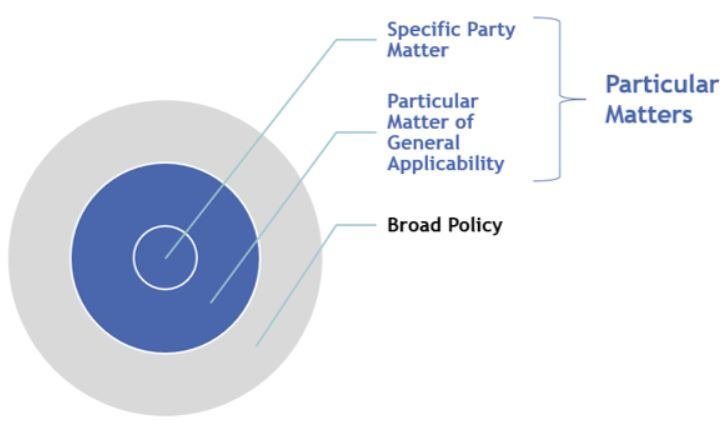What you get when you order a cheap government
When I worked at a startup, I learned some tenets of startup wisdom. Here’s one: you can make a high quality product, or you can make a low-cost product, or you can design and ship your product quickly. Of good, cheap, and fast, you can only choose one. The best companies in the world can achieve two, but almost no one achieves all three.

I see these trade-offs as a consumer too. If I want the newest, coolest gadget, it will be expensive. If I want an affordable car, I either need to buy something low quality, or I need to buy something like a Toyota Corolla, which comes off a manufacturing process that has been refined and streamlined over decades. It is basically impossible to do something new, do it well, do it on a tight budget, and do it quickly.
Why not look at government this way too? We all want our governments to be good, cheap, and fast. So consider this: some of the things you don’t like about our governments are results of the fact that we often order the cheapest governments we could get.
Don’t think your local government has competent management? Maybe it’s because the city budget isn’t big enough to pay the salaries of well-qualified staff. Don’t like how the State Department takes months to get you a passport? Is that a reason to give the State Department less money, or more?
To top it off, we also legally require that our governments be transparent and equitable. If we could file FOIA requests against Amazon, we likely would not end up with cheaper products or faster delivery times. To be clear, governments must absolutely be accountable to the people. But that’s just one more design constraint, which will lead to some trade-off, probably in one of good, fast, or cheap.

I’m not saying there is no such thing as governmental waste, or no need for oversight. Maybe you heard about how, of approximately $5 trillion in Covid-19 relief money, around $100 billion was lost to fraud. Not all of this fraud was inevitable, but I wonder, what level of efficiency should we expect from a new government program, enormous in scope, enacted on an emergency timescale? Here’s a time where we got fast and good, but maybe not cheap. (Apparently, however, in a normal year, with a $2 trillion budget, about $200 billion is lost to improper payment, of which only a small part is fraud.)
Here’s another example. For months, I’ve been waiting for my federal agency to approve spending about $100 for a cloud-based service for storing and sharing scientific papers. This dollar cost is dwarfed by the person-hour-salaries required to move this request through the evaluation and approval process.
Many people would look at this story and blame “bureaucracy” or “government bloat.” But there is a bizarre paradox at play. We are so radically opposed to the idea of government waste, the kind that led to billions in Covid-19 relief fraud, that a tremendous amount of work must be done to prove that this $100 is not a waste of money, and that the thing I want to buy with it isn’t going to compromise the security of the agency or violate a law.

No one likes the idea of a slush fund, but I wonder how often the cure is worse than the disease, when oversight and compliance ends up costing more than what we save in averted waste or fraud. (Public transit, for one, often seems to lose money on enhanced fare enforcement.)
I have some notes for another post about the “size” of governments through time, with a focus on the US federal government. Leave a comment if you’re interested in that topic!

